What is Trauma Focused Cognitive Behavioral Therapy (TFCBT) and how does it work?
TFCBT is a type of therapy that directly addresses the impact of traumatic events on children and adolescents. This therapy can take place in an outpatient mental health clinic, group home, community center, hospital, school, or in-home setting. Treatment takes place with a (non-offending) parent or caregiver. Often, the treatment will begin where the child and parent/ caregiver have separate therapy sessions and advance to engaging in joint sessions. Sessions incorporate trauma-sensitive interventions with cognitive behavioral, family, and humanistic principles and techniques.
Who is a good candidate for TFCBT therapy?
There are many types of therapy for trauma, but TFCBT has proved successful with children aged 3 to 18 who have significant emotional problems (symptoms of posttraumatic stress disorder, fear, anxiety, or depression) related to traumatic life events. It can be used with children and adolescents who have experienced a single trauma or multiple traumas. The treatment is particularly sensitive to the unique problems of youth with post-traumatic stress and mood disorders resulting from sexual abuse, as well as from physical abuse, violence, or grief.
How can TFCBT help people who have experienced trauma in their lives?
Early trauma can lead to guilt, anger, negative recurring thoughts about the traumatic experience, emotional numbness, and feelings of powerlessness. This can manifest itself in many ways including self-harm, acting out, depression, anxiety, sleep problems, difficulty concentrating, and extreme physical and emotional responses to anything that triggers a memory of the trauma. TFCBT aims to help both children and their parent/caregivers identify, understand, and address the impacts of trauma ranging from emotional symptoms to behavioral and learning challenges. A central goal is to support parents in building skills related to positive parenting, improving communication, and managing any distress about the child’s trauma, all of which help the child feel more supported.
What are the benefits of TFCBT therapy over traditional talk therapy or medication-based therapies?
TFCBT is one specific kind of cognitive behavioral therapy. A significant difference between the two is that, unlike regular CBT, trauma-focused CBT focuses specifically on the impacts of trauma. Many studies have been conducted evaluating the efficacy of TFCBT vs. other tested therapy models and have shown that TFCBT resulted in significantly greater gains for children and parents. Children participating in TFCBT show a wide range of improvements, including decreases in PTSD symptoms, depression, anxiety, behavior problems, shame, cognitive distortions, and relationship difficulties. Research also demonstrates a positive treatment response for parents, who experience reductions in their own emotional distress and depressive symptoms.
Are there any risks associated with TFCBT therapy that people should be aware of before deciding to undergo treatment?
The greatest risk with TFCBT generally comes with having to talk about or relive the traumatic incident, which can leave children temporarily feeling worse. Adolescents who abuse substances or who are suicidal may temporarily see a worsening of symptoms. The therapy may still be helpful, but often the pace or order of interventions must be modified.
How long does TFCBT usually last, and what happens at the end of treatment?
TFCBT is a short-term intervention that generally lasts anywhere from eight to 25 sessions. The therapy includes three treatment phases: stabilization, trauma narration and processing, and integration/consolidation. Most sessions last approximately 60 minutes, with the child and parent separately seeing the therapist for about 30 minutes each. There are some joint sessions in TFCBT, particularly later in the treatment when the child shares his or her trauma narrative with the parent. The full treatment is usually completed within 4-6 months. Some children may benefit from additional services once the trauma impact has been resolved.
